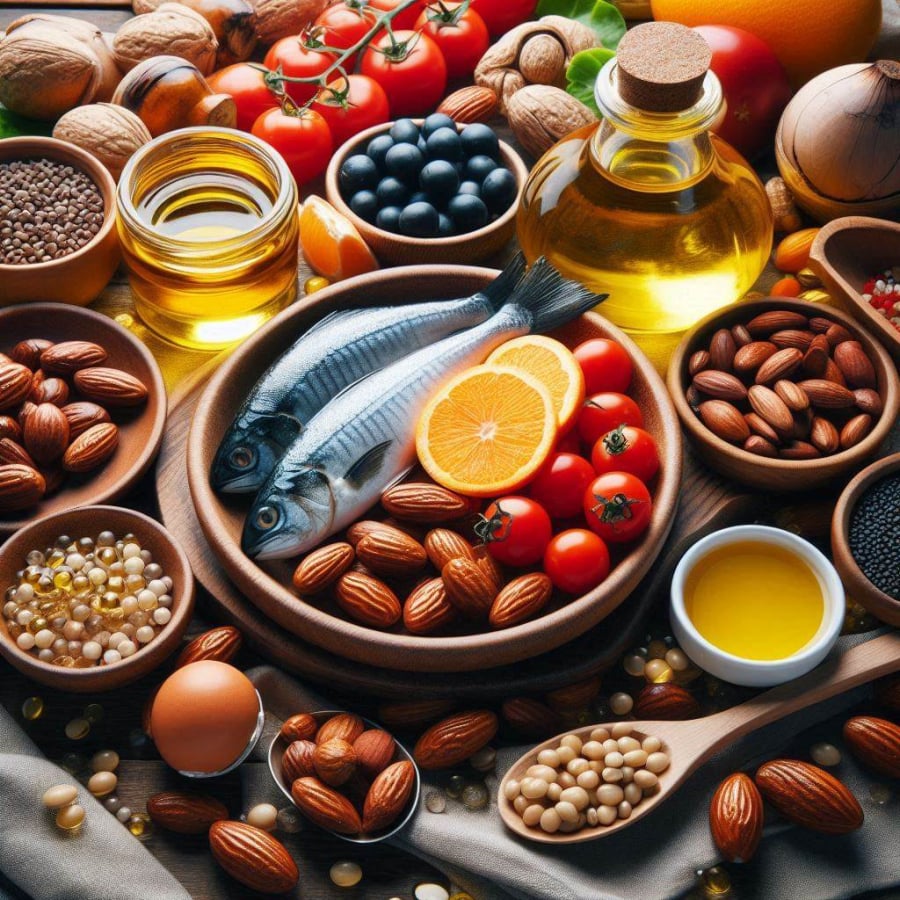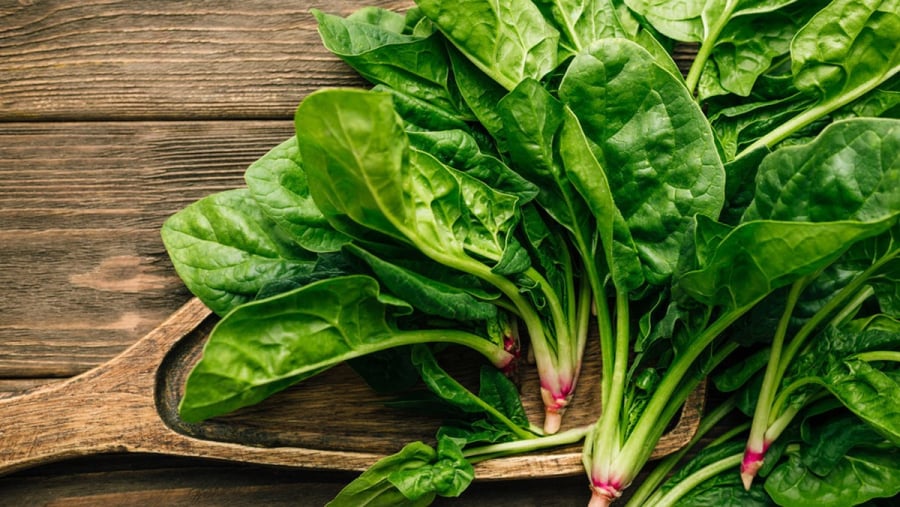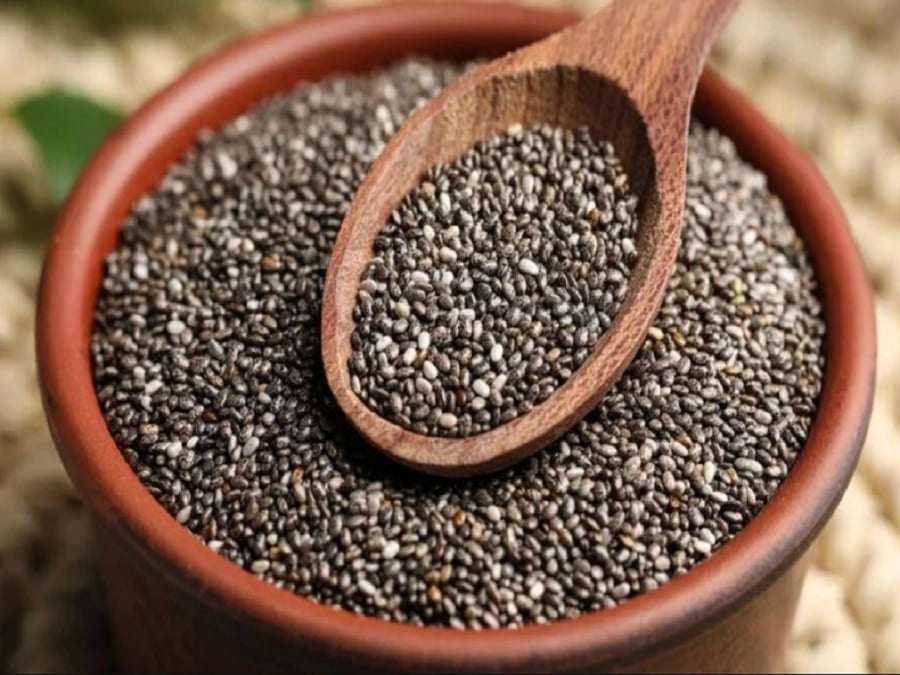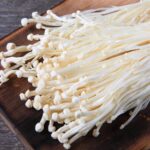The Health Benefits of Omega-3
According to ThS.BS Nguyen Van Tien, from the National Institute of Nutrition, Omega-3 is a group of fatty acids divided into three main types: DHA, EPA, and ALA. DHA and EPA play crucial roles in forming the brain’s structure and function. ALA, although less prominent, is also a valuable Omega-3 fatty acid.
When ALA is absorbed into the body, it is converted into DHA and EPA, depending on the body’s needs. This process not only provides energy but also helps build the brain’s structure, protect it, and stimulate neurotransmitter activity.

Omega-3 is comprised of three main types: DHA, EPA, and ALA, with DHA and EPA being vital for brain development and function.
Omega-3 has a plethora of health benefits, including improving skin health, enhancing sleep quality, supporting brain development, reducing the risk of cancer, and lowering liver fat. Daily Omega-3 intake is essential for overall well-being.
There are two primary sources of Omega-3: plant and animal-based. However, as the body cannot store Omega-3, it is necessary to include it in your daily diet.
Vegetables, Greens, and Seeds: A Rich Source of Omega-3
According to Mr. Nguyen Van Tien, plant-based Omega-3 is commonly found in seeds and green vegetables such as Brussels sprouts, kale, spinach, collard greens, broccoli, and peas.
– Spinach: This nutrient-dense vegetable contains up to 138mg of Omega-3 and 26mg of Omega-6 per 100g. Its delicious flavor and high nutritional value, including vitamins A, C, E, and K, along with omega fatty acids, make it a popular choice.

Spinach is an excellent source of Omega-3.
– Flaxseeds: Small in size and brown or yellow in color, flaxseeds are commonly used as food additives and for oil production. They are a rich source of healthy fats and Omega-3, making them ideal for vegetarians due to their high fiber, vitamin E, and magnesium content.
– Chia Seeds: Chia seeds provide approximately 4,915mg of Omega-3 and 1,620mg of Omega-6 per 100g. They are also a good source of calcium, phosphorus, and protein, making them a favorite among fitness enthusiasts.

Chia seeds are rich in Omega-3.
– Walnuts: Walnuts are packed with Omega fatty acids, containing 9,079mg of Omega-3 and 38,092mg of Omega-6 per 100g. They are also a good source of fiber and copper. When consuming walnuts, ensure you keep the outer membrane intact, as it is rich in antioxidants.
These vegetables and seeds are recommended by nutritionists to be included in your daily diet for optimal health and well-being.





































